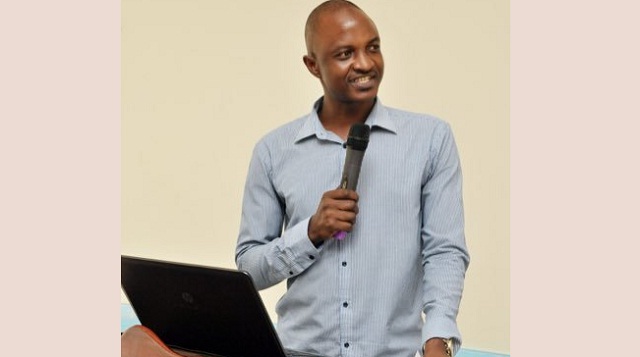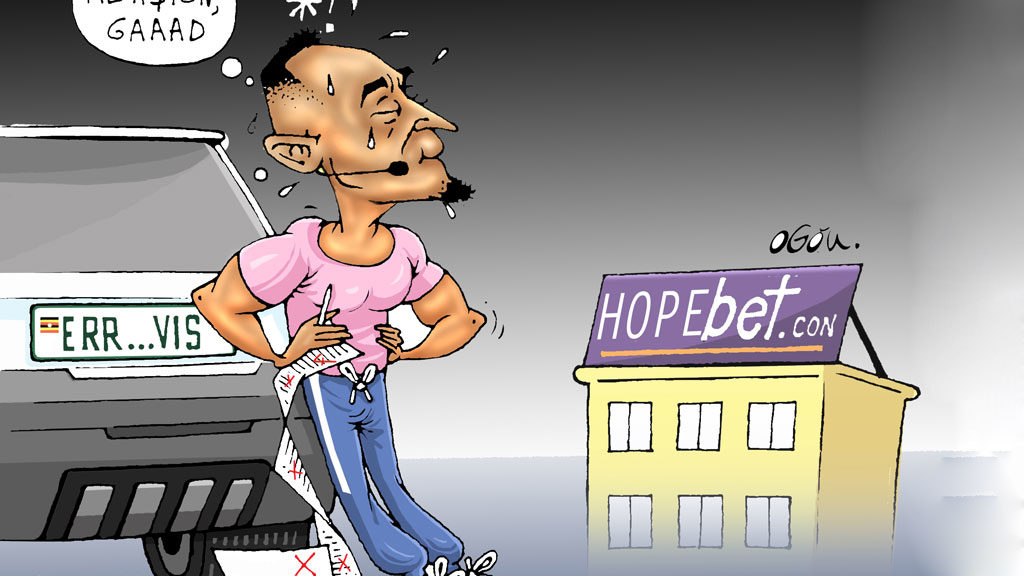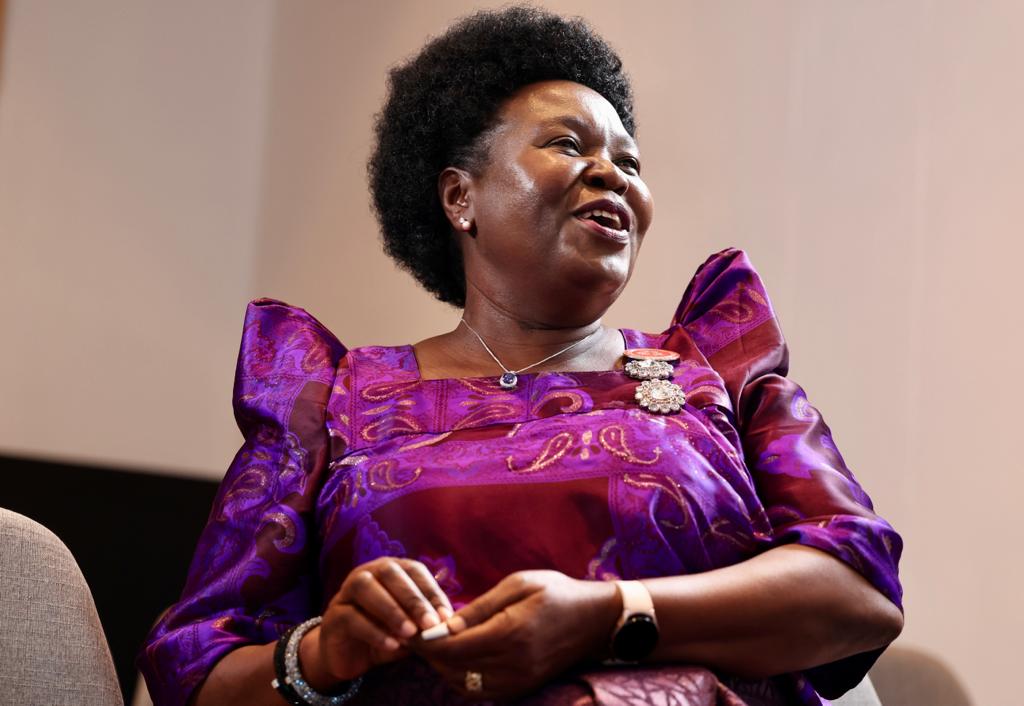There is a document (there always is) that is revealing of extent of bureaucratic efforts to reprogram Ugandan society in what is nowadays referred to as “mindset change”.
The one I am referring to has the attractive title of “A Handbook for Implementation of NDPIII Gender and Equity Commitments”. It is easy to miss such an important work if it were not for the fact that there are so many.
Over the years official reports, many of remarkable scholarship, have been produced by the public sector in Uganda. Some have pointed out that an entire “best practice” industry, mostly consisting of studies of various problems and their solutions has been one of the main achievements of the civil service of Uganda.
However even as I looked through it, trying hard to respect the effort and good intentions that had gone into such a thorough review of the mental and psychological bottlenecks of getting development right, I hear in my head Hon. Alice Alaso’s voice, a husky contralto indignant and frustrated at once arguing that “the problem with Uganda is not the policies but the implementation”.

(Auntie Alice above)
This of course being true I wonder how my own “mindset” should change when reading a document about mindset change from a system, which by public admission, is unable to turnaround. It must be back to the growth without transformation theme that I keep returning to.
Ugandans generally throw their hands up in exasperation and insist mindsets should change when they are in contact with almost every aspect of the Ugandan condition.
Is there flooding of the city that has social media sharing biblical images of trucks and cars immersed and passengers looking like they missed Noah’s ark? Mindsets should change. Everyone from city planners to the roadside vendor of sunglasses agrees.
Is there perhaps a scandal of the underfunded national sporting federation that produces sporting heroes on a shoestring budget? Mindsets should change. All will stand up and salute this view from the sports betting store to the parliamentary canteen.
What about the elections that seem to produce a predictable result, that is, politicians of the same DNA but different party colours? Must be that mindset.
It is not just the government of course. The desire for a “different mindset” has bred an entire host of pastors, motivational speakers, and influencers who, judging from their expanding followership, package mindset change in various products promising an equal opportunity breakthrough for everyone.
Do these five things ( and drink water of course) and with the right mindset you can expect a..
A miracle.
If change does not happen overnight in Uganda perhaps what all this preparation is lead to a glorious future just around the corner. Change after all is “a marathon and not a sprint” but as I turn the pages of the Handbook, I recall that Uganda has long been an open-air laboratory for large social experiments. Some like mass schooling have the dubious reputation of only being partially judged qualitatively.
It is difficult not to think of Charles Dickens “Hard Times” and the tyranny of statistics as a measure of progress that rarely interrogates for the immaterial changes to society that are result of this kind of investment.
Thus, I conclude this document on “mindset change” will probably not help in answering what sorts of emancipation we have purchased with universal access to education as a society for example. Even if it should.
According to the Handbook signed off by my friend the Permanent Secretary and Secretary to the Treasury, Ramathan Ngoobi, a teacher by profession and vocation the “Community Mobilization and Mindset Change” is one of the 20 programs of the NDP III” and meant to “operationalize” (read implement) the objective of enhancing “the productivity and social wellbeing of the population.”

(Mr. Ngobi a teacher/civil servant above)
This how the handbook defines the “mindset change” imbroglio. Please bear with me.
The problem with Uganda is first, “a general lack of responsibility and ownership of government programmes…this is attributed to low popularisation and domestication of development initiatives, programmes and policies to lower levels; in addition to passive, unproductive and a highly dependent population coupled with low literacy levels of citizens”.
Translated in non-civil service speak this means Ugandans take the government for granted and this could be because they are not well informed or intelligent enough.
Secondly “a dependency syndrome is widespread throughout the country and at all levels” (or in the accepted colloquialism “gavumenti atuyambe”) a disease of expecting problems to be solved by public institutions”. Three, that there is a “high tendency among Ugandans to consider self-interest before anything”.
Two and three are a contradiction in terms of course. Ugandans are lazy and not committed to programs that could change their fortunes ought not to be in the same sentences with “consider their self interest before anything”. One of things that is always perplexing about anti-poverty programs is why they fail when one has to assume that the average person naturally wants to improve their lot. Un yet day after day one sees this point where perfectly capable people shall wait for a public institution to fix a problem that they could fix. Or go online to complain about it.
But also how different are the Ugandans running the public sector, in fact, from those for whom the public sector is run?
But let us move on.
When it comes to four “the habit of leaving things undone, failure to keep deadlines, poor time management among others or five, that, “several behavioural barriers to the adoption of positive mindsets are cushioned by long years of social conditioning as “demonstrated by harmful culture, beliefs and practices that promote stigma and discrimination, inability to live healthy and productive styles” we arrive in the familiar territory of the modern religion of change that the motivational speaker dominates.

A government TikTok channel then?
Perhaps the only indictment I found that gets to the heart of things is six, that “participation of cultural and religious institutions in community development programmes has not engaged the population in meaningful productive activities to generate household income”, and here is why.
The last point about “household income” circles back to the real purpose of “mindset change” in the government document. Even if the Handbook speaks to the emotional and mental or even psychological well-being, the social engineering it proposes has a singular goal of economic empowerment “Middle Income Status” being it’s Mecca.
While this is clear it poses a question of whether building stronger economies necessarily makes stronger, healthier societies? Should this be the substance of mindset change and not simply increases in productivity and consumption?
The role of the cultural and religious institutions I find particularly interesting as well because over time framing important debates about the quality of life has relied on this section of society, so much so, that in some parts of the world there is a separation of church and state to allow this conversation to happen without imposing one set of answers for everyone.
But it is also clear to me that because economies are social systems first, the many attitudinal problems cited in this Handbook could be explained not simply by the lack of work, effort, or consumption but by the lack of an overriding purpose. It is possible to do “mindset change” if the purpose is clear. Perhaps this should be the real thrust of mindset change. What purpose does the state represent beyond providing a secure home and feeding a society?
These are important goals no doubt ( peace and security, economic prosperity and social stability) but if people are not just numbers (birth and death, GDP and so forth) then mindset change must itself be about a deeper social and cultural conversation about who we are? This reminds me of the Rwandan concept of Agaciro “essential dignity” that is the cultural currency the country has used to define its private and public standards and build not just administrative accountability but social and political expectations as well.
( There is something to learn here)
When we return here, we should discuss Uganda’s success with education. The administrative success of mass education (quality aside) has been to also make acquiring an education an end in itself with sometimes disastrous social consequences. Mass boarding education from as young as 3 years has meant entire households are separated sometimes for their whole childhood, adolescence, and adulthood. Many are raised by poorly regulated pre-primary schools and largely supervised and not regulated secondary and university institutions. They shall then go on to become parents themselves.
In the meantime, their parents are on their second or third degrees.
Many, not to be critical, are writing reports and handbooks because these pay.





